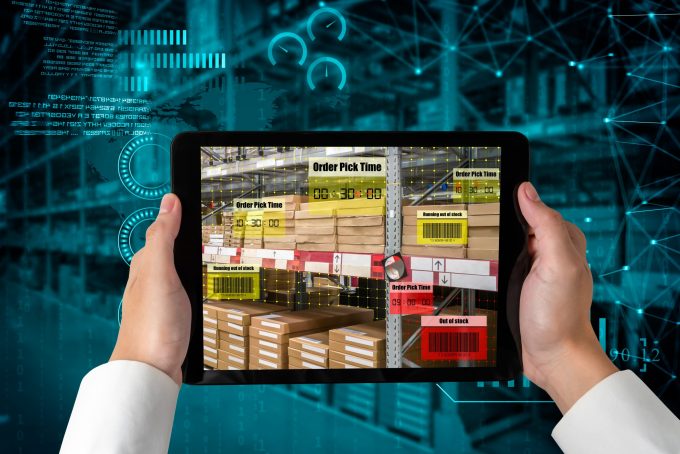NYT: McKinsey opened a door in its firewall between pharma clients and regulators
The New York Times reports: Jeff Smith, a partner with the influential consulting firm McKinsey & ...

Companies are failing to tackle the new demands of supply chain management in-house, according to a study produced by McKinsey.
From a survey of 71 global companies last year, results released last month reveal that 99% felt they needed more in-house digital supply chain talent, with ...


Comment on this article